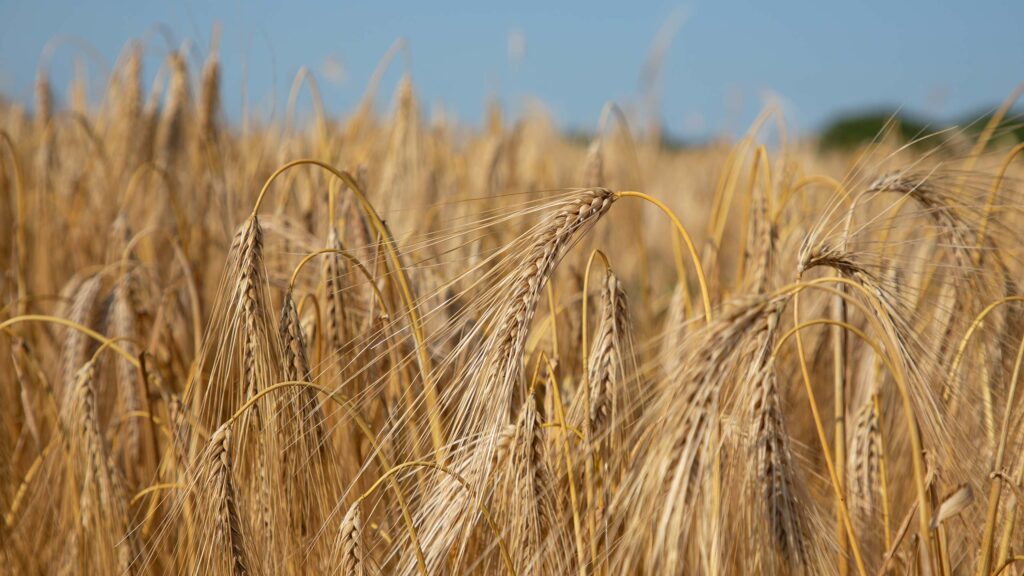NFU unveils new combinable crops strategy
 © GNP
© GNP The NFU has launched a new strategy, Harvesting Growth, to boost the sustainability and profitability of the UK’s combinable crops sector.
The strategy includes five key pillars for growth: tax and productivity, land use, supply chain fairness, plant health, and research and development.
See also: Analysis: Is there still a place for pulses on UK arable farms?
It aims to address the challenges faced by cereal growers who are grappling with rising input costs, climate change and market volatility.
The strategy outlines solutions including precision farming, crop diversification and cover crops to improve soil health and reduce carbon emissions, helping farmers adapt to changing climate conditions such as frequent droughts and increased rainfall.
NFU Combinable Crops Board chairman Jamie Burrows highlighted the sector’s significance. “The UK climate is one of the best in the world for growing major cereal crops such as wheat and barley,” he said.
“These crops provide us with core ingredients for food, feed and fuel, and the combinable crops sector is a cornerstone of our food supply chain.”
The strategy focuses on increasing resilience, enhancing environmental sustainability and improving profitability.
Dual role
Mr Burrows also emphasised the dual role of arable farming. “As well as producing essential grains, the arable sector also plays a pivotal role in maintaining and enhancing the nation’s rural landscape and natural environment,” he said.
The strategy stresses the urgent need for adaptation, innovation and greater support for farm businesses.
A key goal is increasing yields sustainably. “England currently holds the world record for the highest wheat yield, which highlights the potential the sector has,” Mr Burrows said.
The strategy also calls for more investment in research and development to improve crop yields, pest resistance and resilient varieties.
A key issue is the regulation of plant protection products. The strategy points out that the UK’s post-Brexit pesticide regulatory framework needs updating with a more science-based risk assessment approach. A national action plan for these products is deemed “long overdue”.
Another concern is the potential impact of the Carbon Border Adjustment Mechanism, which could increase fertiliser costs and further reduce the competitiveness of UK agriculture.
The NFU also advocates for a balanced approach to land use that integrates sustainable farming with food, fibre and energy production.
Funding for pulses
The strategy calls for government funding to help farmers grow pulse crops including peas, beans and lupins, to increase home-grown protein production.
While pulses are already grown in England and Wales, the report notes that the area could be expanded.
The NFU supports Defra’s Sustainable Farming Incentive but calls for policies that empower farmers to make effective decisions without compromising food production.
Additionally, the union is pushing for stronger trade policies to support UK-grown crops and improve access to export markets for high-quality British grains.
It plans to work with farmers, government officials and industry partners to ensure successful implementation of the strategy.

